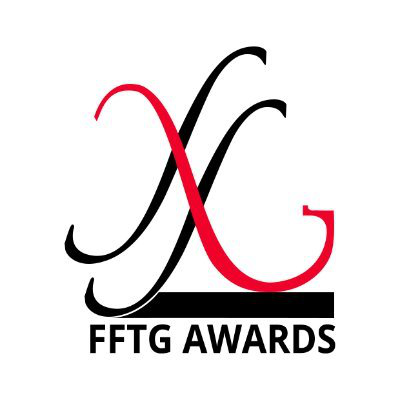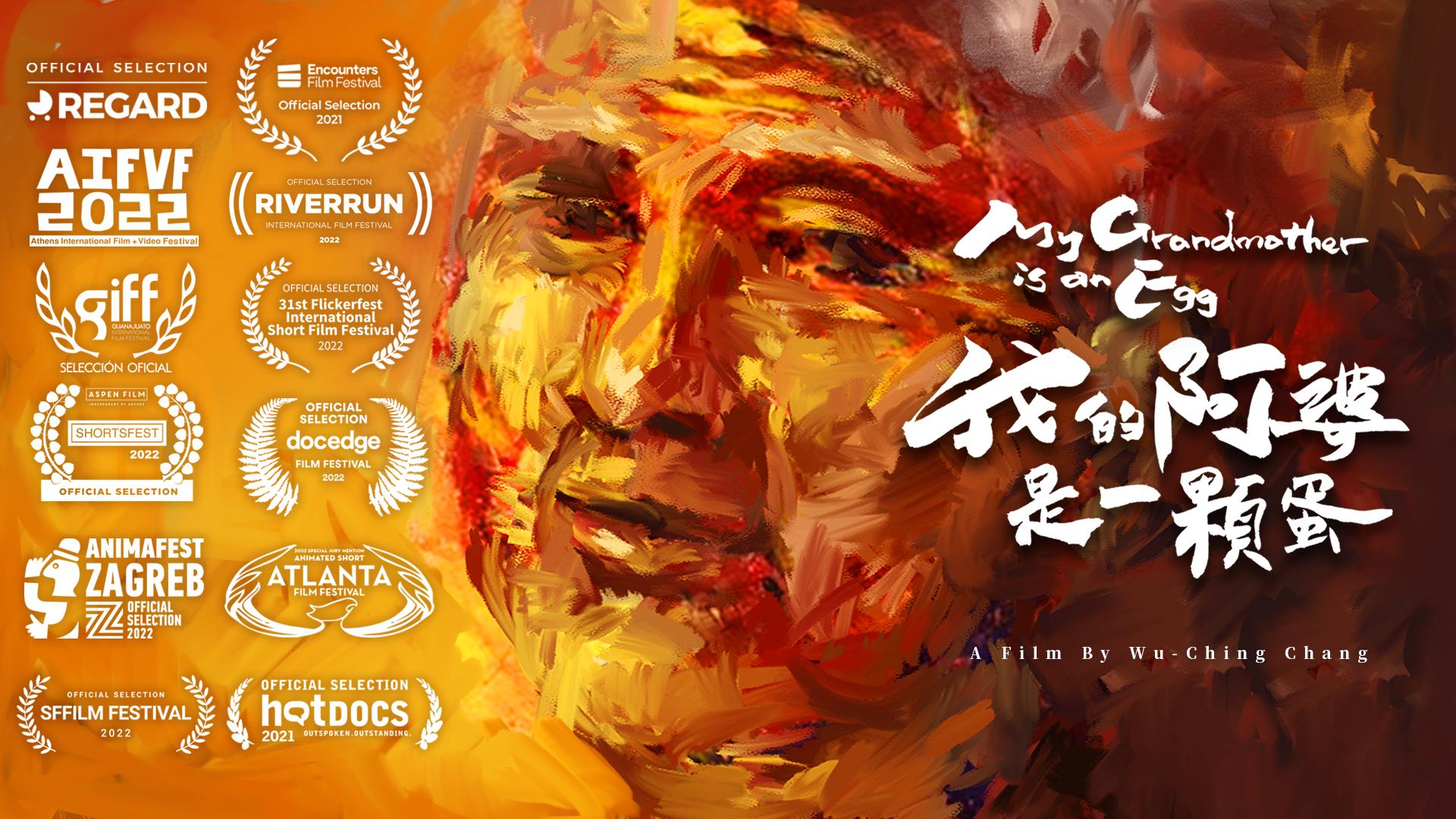As a child, the director's grandmom was brought to another family to be raised as a future daughter-in-law in a productive role, known as the tradition of T'ung-yang-hsi. It is a tradition of pre-arranged marriage and she was assigned to do all the household chores and was not allowed to receive higher education. The narration is based on interviews with the director’s grandmother’s children. Egg is an important symbol in the film. Symbolically, eggs play a significant role in the film, representing women as they assume their designated roles in a male-dominated society. Through the depiction of the labor and oppression endured by T'ung-yang-hsi participants, the film reaches its climax with the poignant combination of the Hakka 'Old Mountain Song' and tumultuous waves. Behind the rail track, there is the sea. Across the sea, therein lies freedom.
From microscopic to macroscopic, from personal witnesses to the general phenomena in society, the audiences may glimpse the long past, imagine women's situation in our own times, and look forward to striving for real gender equality in the future. Egg is life per se. Eggs are fragile, but at the same time tough. My grandmother is an egg.


